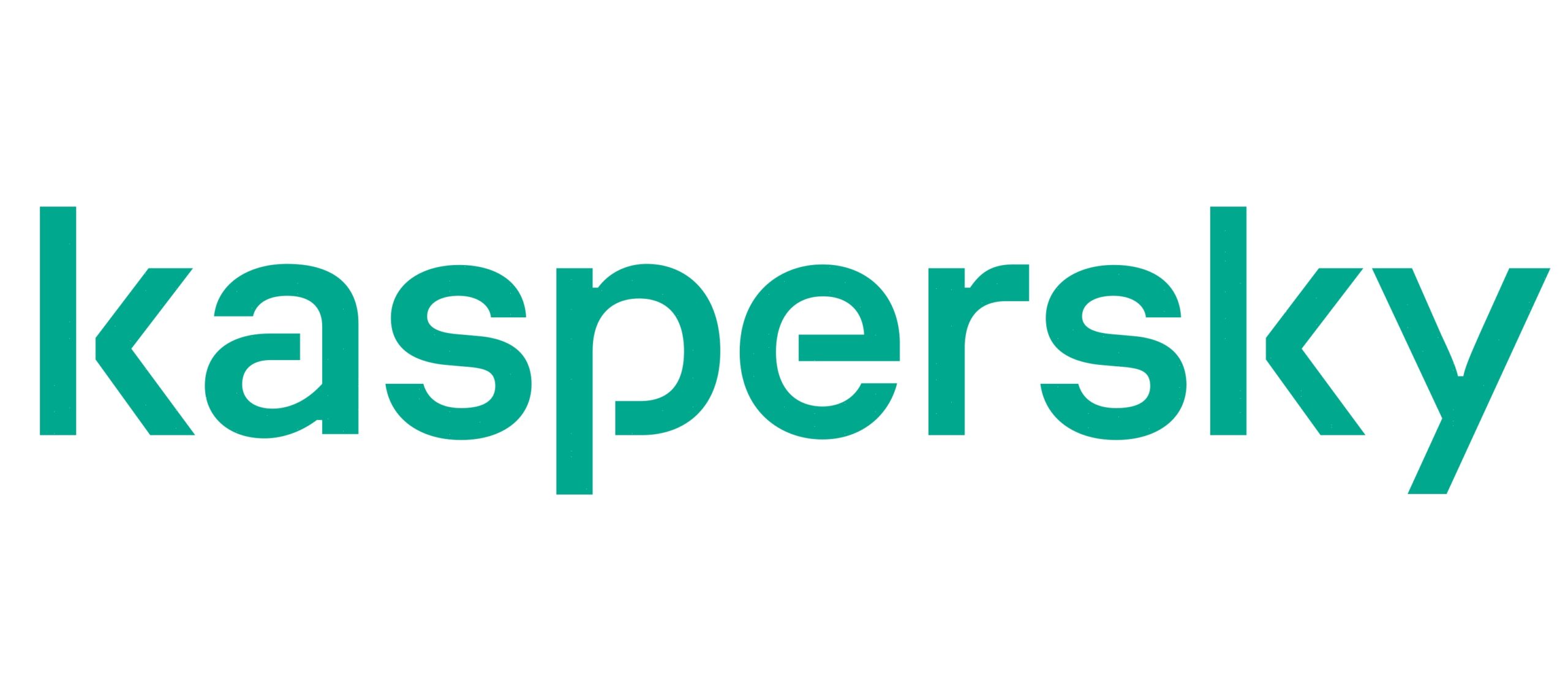The on-going pandemic made businesses and enterprises shift into an intelligent and connected virtual space in order for them to survive. Known as the digitalization of industries, or simply Industry 4.0, a recent study published by Deloitte showed that 96% of companies in the Asia Pacific (APAC) region already made an audit to find opportunities related to Industry 4.0 — significantly higher than the global average of only 51%.
“Asia Pacific’s level of digitalization is still in its early stages until the pandemic forced everyone to reconsider their operational practices. Contrary to popular belief that Industry 4.0 is a high-level topic confined in the four corners of a boardroom, this revolution has the consumer at its core. This, alongside breakthroughs like Big Data, Internet of Things (IoT), 5G, are here to create a customized future,” according to Stephan Neumeier, Managing Director for Asia Pacific at Kaspersky.
Customized future means products and services are made based on a customer’s preference, — also known as “personalization” — a mobile trend associated as mobile technologies advance. A majority of consumers (84% according to a 2018 report published by Accenture) said that they are willing to give their data to make personalization possible. The only downside is that consumers are unknowingly giving more data than they have bargained for.
A common use case of personalization is when we use music streaming applications and services that can actually predict the user’s mood at a certain time and location — somewhat similar to what dating apps are doing. Related to this, users also agree to share their locations in real-time, allowing apps and services to predict their behavioral and physical patterns — data that can put someone at risk when held by the wrong hands. With a lot of companies knowing more their consumers know themselves better, a customized future is very possible.
Threats in APAC’s Manufacturing Industry
Several startups across the world, aware of the demand, have since kicked off their mass customization practices. Consumers can now have their own names on the sole of their shoes, get the bespoke necklace, as well as better-fitting body implants, personalized doses of medicines, and more.
While these are proofs of the power of technology when harnessed correctly, the flexible and highly-connected manufacturing process also opens a wider attack surface for cybercriminals. The latest report from Kaspersky for industrial automation systems showed that Asia and Africa are the least secure globally during the first six (06) months of 2020.
Four (04) out of the top five (05) positions in the regional rankings based on the percentage of Industrial Control Systems (ICS) computers infected in the first half of 2020 came from Asian regions. Southeast Asia recorded the highest percentages, leading in several ratings:
- ICS computers where malicious activity was blocked: 49.8%
- ICS computers where internet threats were blocked: 14.9%
- ICS computers where malicious email attachments were blocked: 5.8%

Africa comes second while Central, East, and South Asia follow closely at third, fourth, and fifth places respectively.
When we talk about ransomware, the regions in Asia still led with a noticeable margin in the regional rating. Over half of the countries in the top 15 rankings are from APAC.

An example of a secure and beneficial application of Industry 4.0 was done by Kaspersky and Siemens for Singapore Aquaculture Technologies’ (SAT) first smart floating fish farm. A first in Singapore and is expected to produce 350 tonnes (350,000kg) of fish annually, the S$4 million aquaculture facility is set to cater to the needs of Singaporeans for quality fish while also addressing the challenges posed by climate change that has resulted in declining fish populations.
“Consumers now are concerned about the origin of their food, the type of environment it is from, and the harvesting processes done before it arrived at their dinner table. With climate change and environmental challenges, food production should now be both ethical and sustainable. This is possible when we use available technologies right,” says Raimund Klein, Executive Vice-President for Southeast Asia at Siemens Digital Industries.
“By using innovative advanced predictive analytics such as machine learning and video analytics, we help SAT to predict potential biomass growth and prevent the outbreak of diseases, hence reducing fish mortality. We are also paving the way for scalable, highly flexible and above all environmentally efficient aquaculture across the entire value chain,” added by Klein.
Global cybersecurity firm Kaspersky recommends the following to protect your ICS environment from malicious attacks:
- Provide your staff with basic cybersecurity hygiene training, as many targeted attacks start with phishing or other social engineering techniques. Conduct a simulated phishing attack to ensure that they know how to distinguish phishing emails.
- Provide your SOC team with access to the latest threat intelligence (TI). The Kaspersky Threat Intelligence Portal is a single point of access for the company’s TI, providing cyberattack data and insights gathered by Kaspersky over more than 20 years.
- For endpoint level detection, investigation, and timely remediation of incidents, implement EDR solutions, such as Kaspersky Endpoint Detection and Response.
- In addition to adopting essential endpoint protection, implement a corporate-grade security solution that detects advanced threats at the network level at an early stage, such as Kaspersky Anti Targeted Attack Platform.
Ensure that your industrial endpoints, as well as corporate ones, are well protected. The Kaspersky Industrial CyberSecurity solution includes dedicated protection for endpoints and network monitoring to reveal any suspicious and potentially malicious activity in the industrial network.


